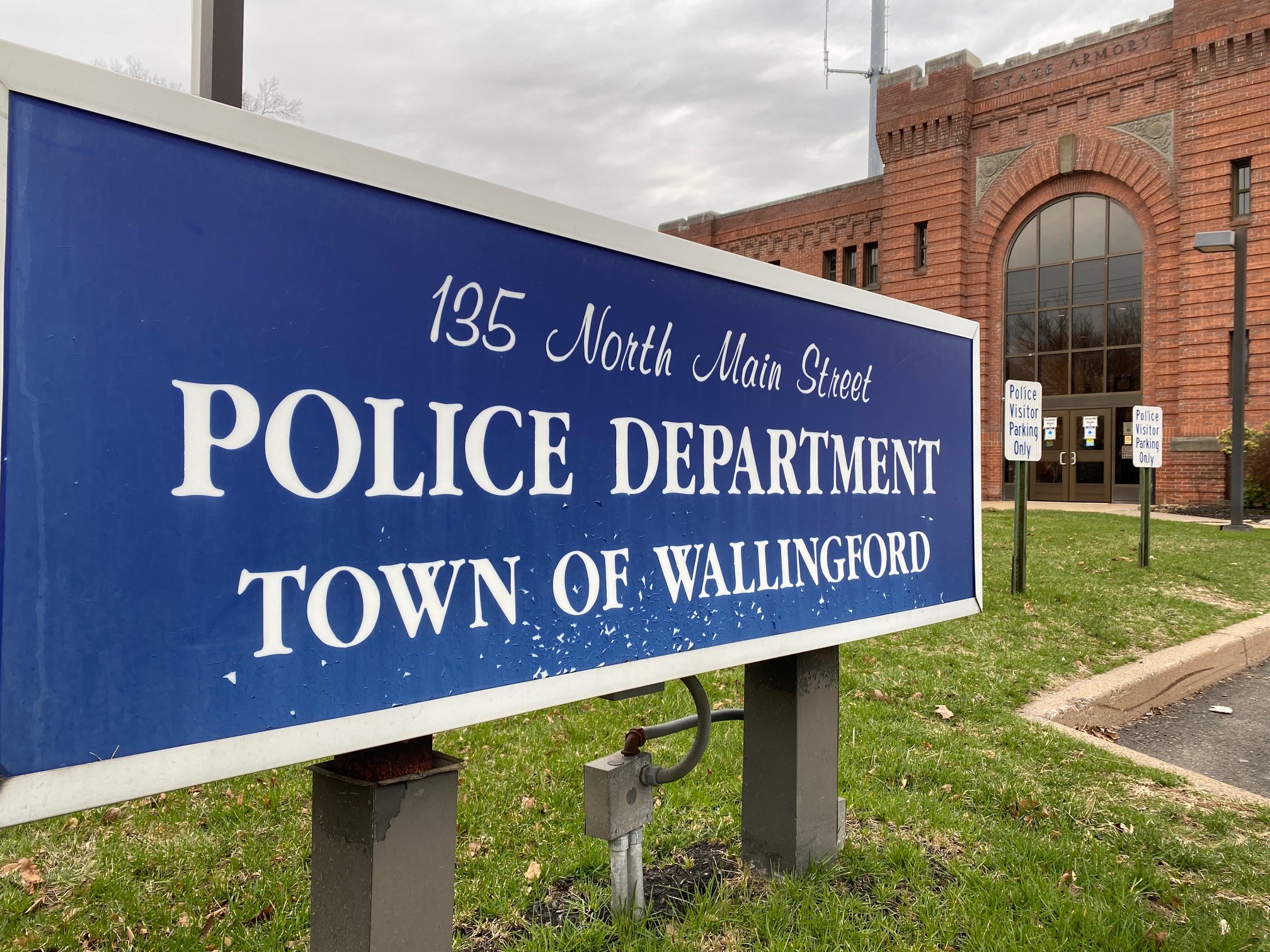The US has crossed a troubling milestone in the war against drugs. More than 100,000 people died of a drug overdose between April of 2019 and 2020. That’s the highest number of drug overdose deaths during a 12-month period that this country has ever seen.
Six years ago in January, John and Laura Lally’s son Tim passed away from a heroin overdose at Rockville Hospital.
“As a mother, I have to make the decision to take him off the ventilator, I have to make the decision to end my child’s life while I’m holding his hand, and his brother is talking in his ear, and his father has his head on his chest listening to his heart get slower and slower,” recalled Laura Lally.
The Lallys believe their son Tim’s drug addiction started about a decade ago.
Get Connecticut local news, weather forecasts and entertainment stories to your inbox. Sign up for NBC Connecticut newsletters.
“One day someone gave him a pill. The problem was, it made him feel better,” his father John recalled. “And then it was at a point where I can’t get through the day without it.”
However, it was his struggle with depression that his parents say started him down the wrong path.
“He had panic attacks so bad he couldn’t get out of bed in the morning,” said John.
Local
The Lallys are now working to end the stigma around drug addiction and they say it starts with mental illness; a problem that started before Covid, and has only been exacerbated by the pandemic, experts say.
“I don’t think it’s all because of Covid. Do I think it’s getting worse because of Covid? Absolutely,” said Cassie Rice, Sound Community Services senior director: “I think it’s all of the different dynamics that come with Covid: isolation, inability to access services.”
“When you’re struggling with an addiction or a mental illness and now you’re more isolated you lose your usual support systems and you’re alone that makes things a lot worse,” added John, who worked as a psychiatric nurse before retiring.
Nationwide overdose deaths rose 29% this year, from 78,000 deaths in April of 2019 to more than 100,000 in April of 2020.
“When you think about the numbers it’s one thing but when you look into the faces of these people who have died and you imagine there’s an individual, there’s a family, there’s a community that are behind them that are all suffering it makes it more real,” said John.
The Lallys said they’re not surprised more people are dying of accidental drug overdoses.
“We’ve been seeing these numbers go up every year. Last year was a record too, so was the year before that,” said John. “More people are talking about the problem but the numbers are rising regardless.”
According to the Connecticut Department of Public Health’s overdose report, the number of accidental drug overdoses from January 2019 to this September rose 14%.
The state’s acting commissioner of the Department of Mental Health and Addiction Services blames deadly synthetics like fentanyl and animal tranquilizers ending up on the street.
“The lethality of fentanyl is making the crisis, it really amplifies the call to action,” said Acting Commissioner Nancy Navarretta.
Experts said the way we treat drug addiction is also contributing to the rise in overdose deaths.
“If someone’s suicidal I can send them to the hospital and have them at least kept for observation, if someone had overdose they’re gone in three hours from the hospital and don’t get connected to services,” said Rice, pointing to the fact that most health insurance plans only pay for a 30-90 day stay in rehab.
“It’s so very important for people to be able to reach out for help and feel that they’re not being judged,” added Navarretta.
The Lallys are trying to do their part to end the stigma of addiction and mental health, too, through their foundation.
“People think they’re just drug addicts. That’s the piece that makes me crazy. Tim struggled with depression and anxiety,” said Laura.
“These are people who look just like you and I. It’s not about us and them anymore. It’s about all of us,” added John.



